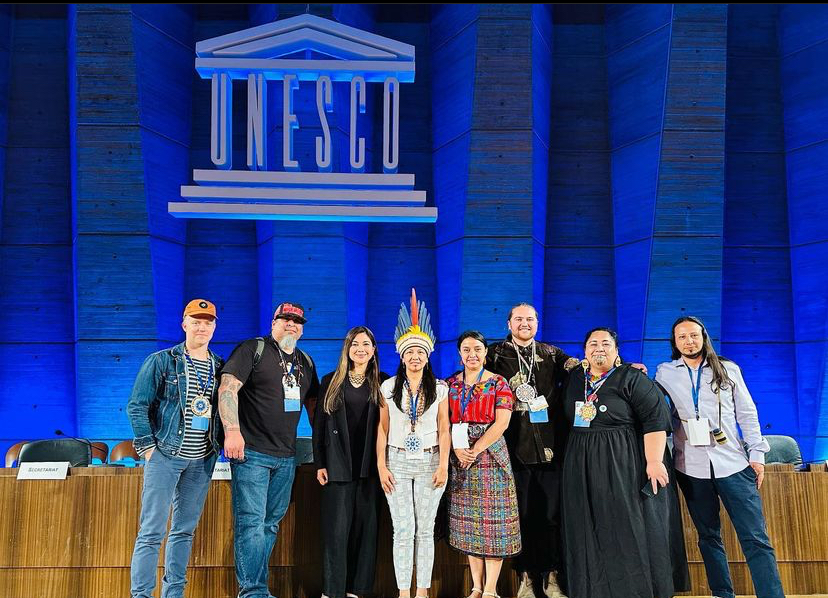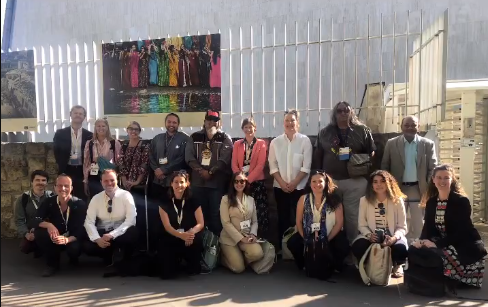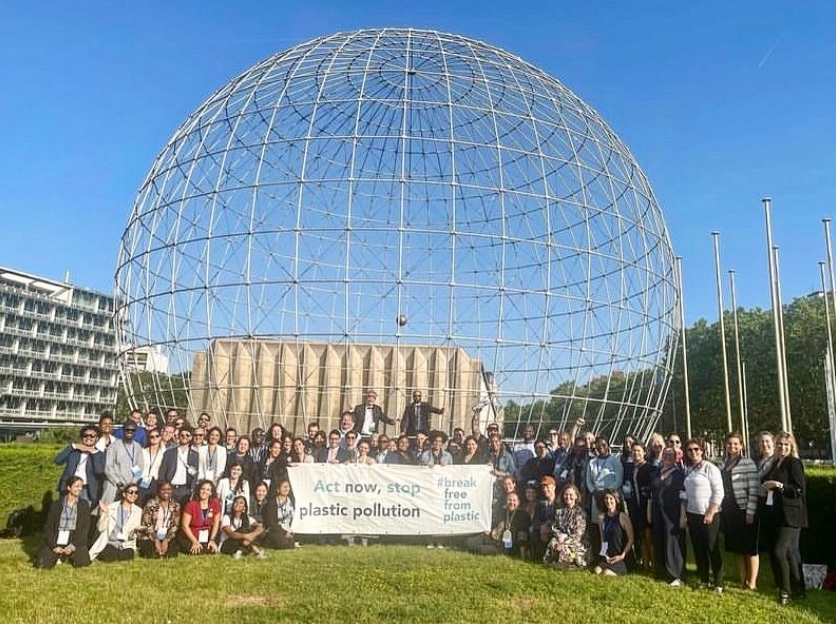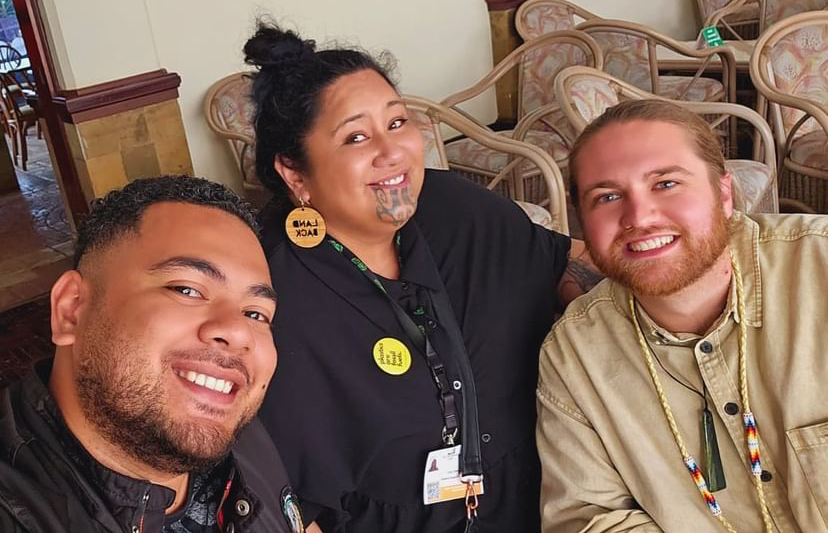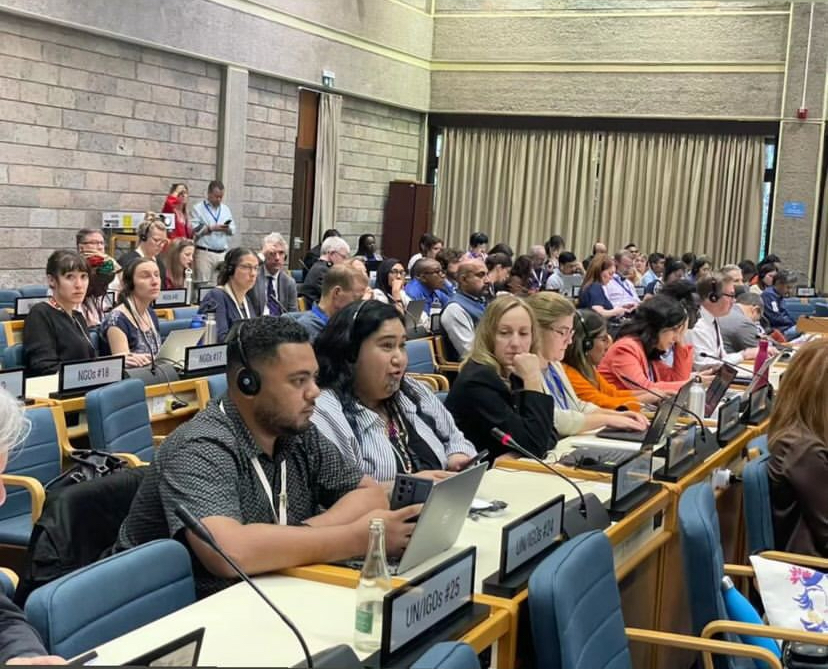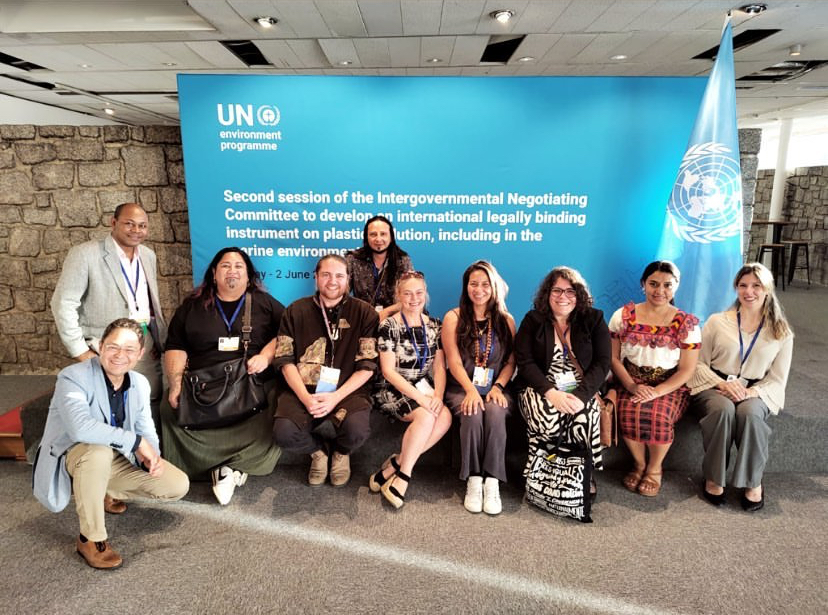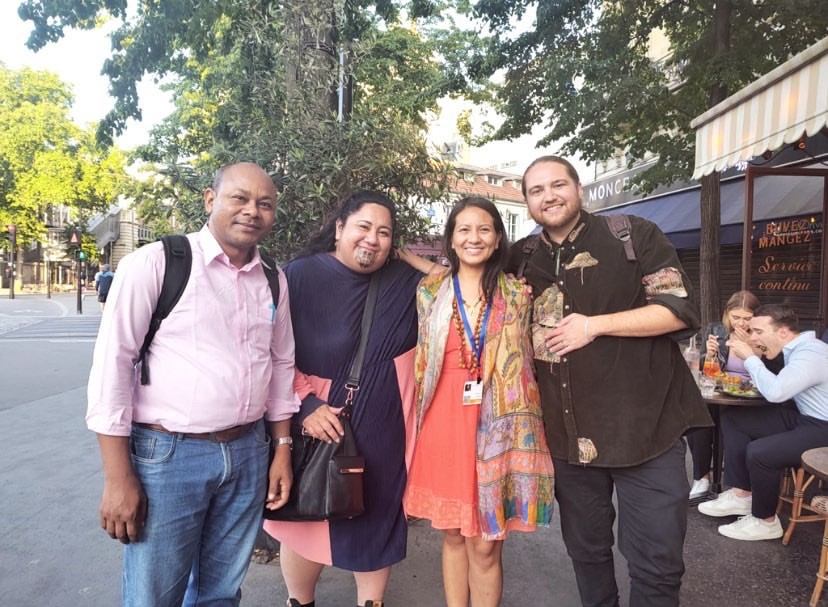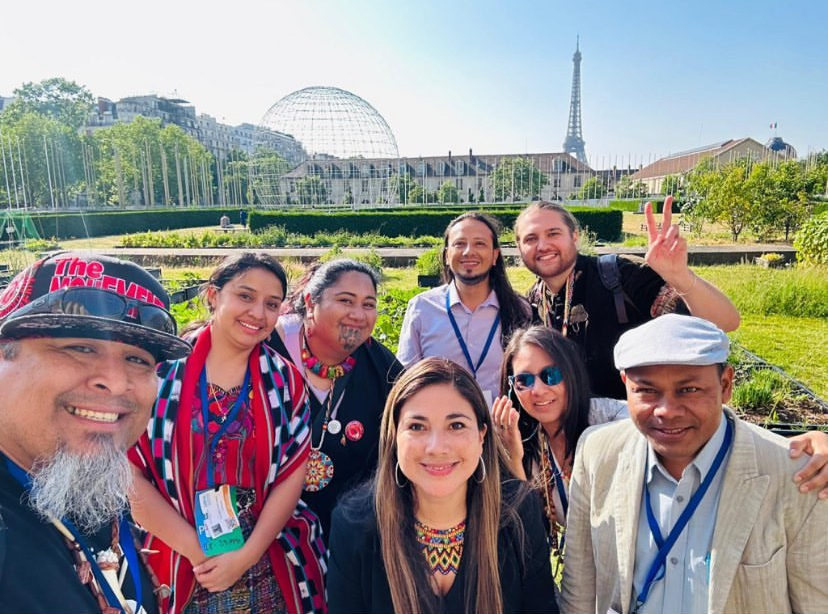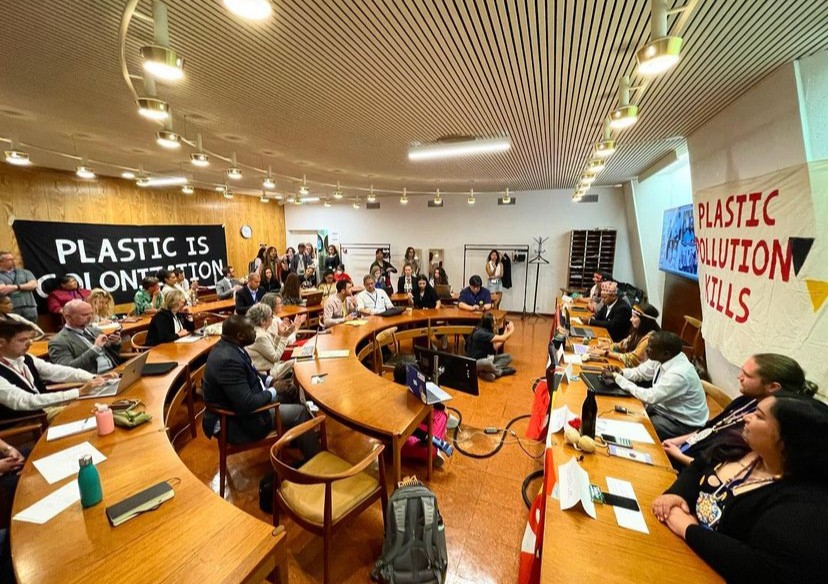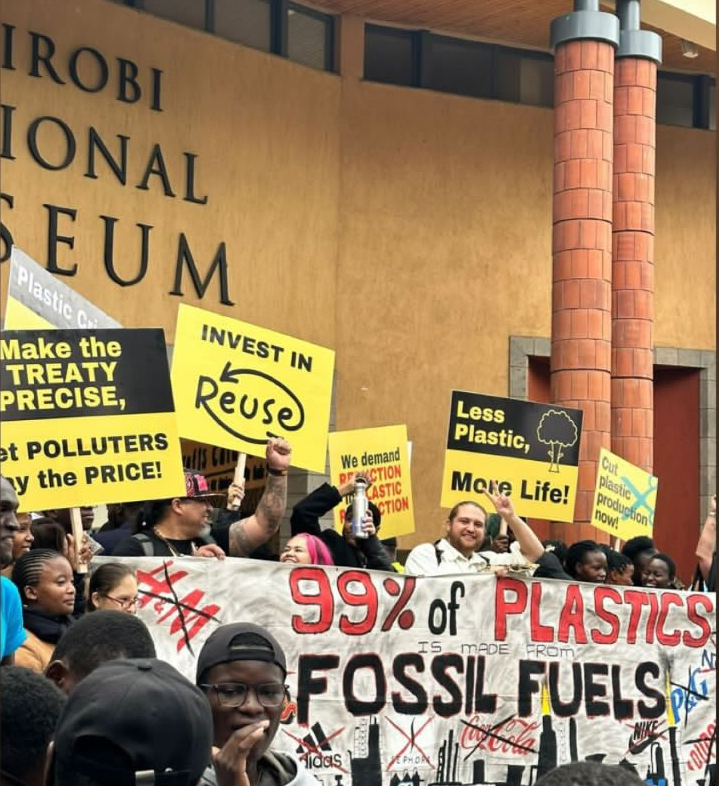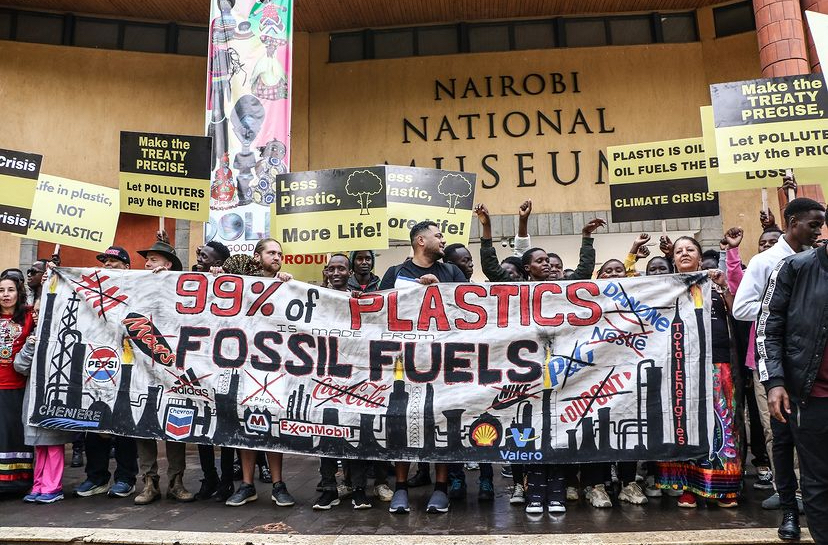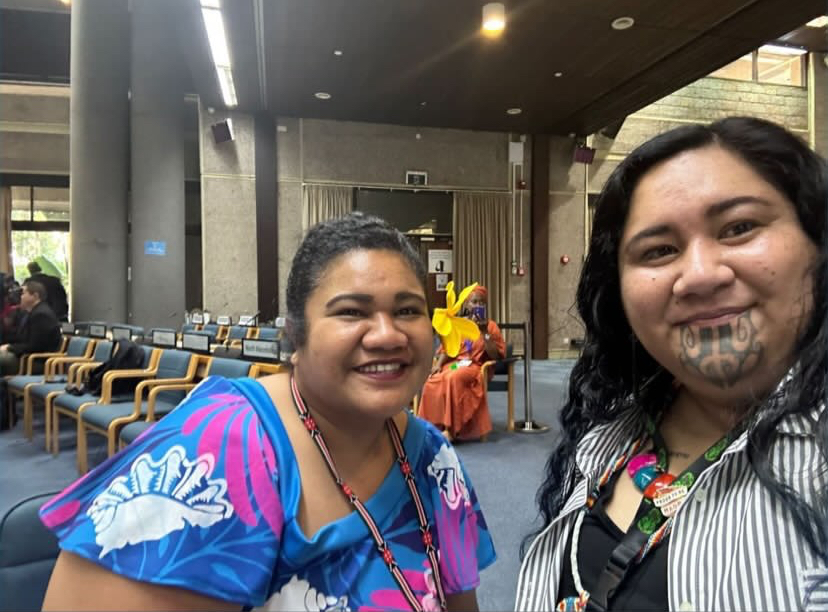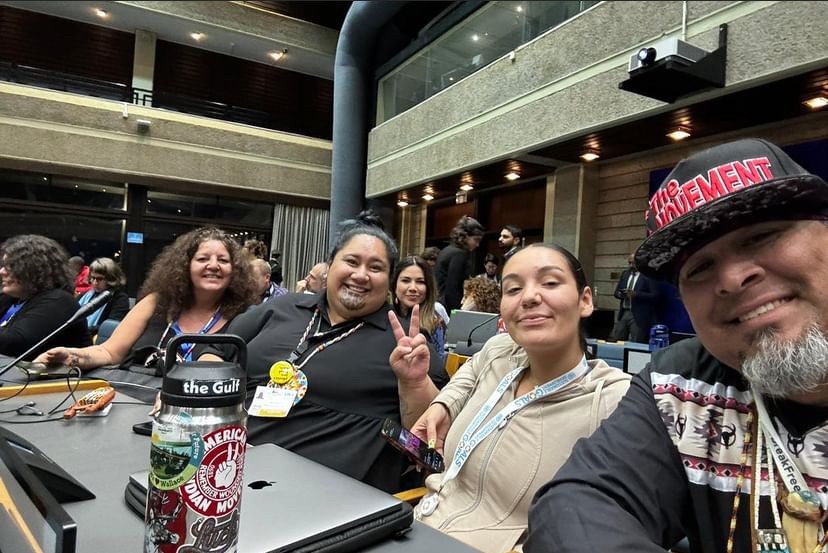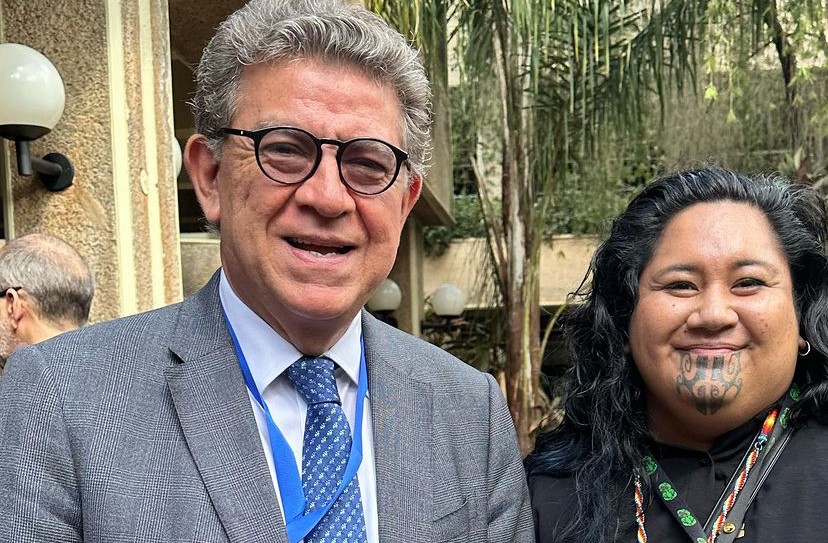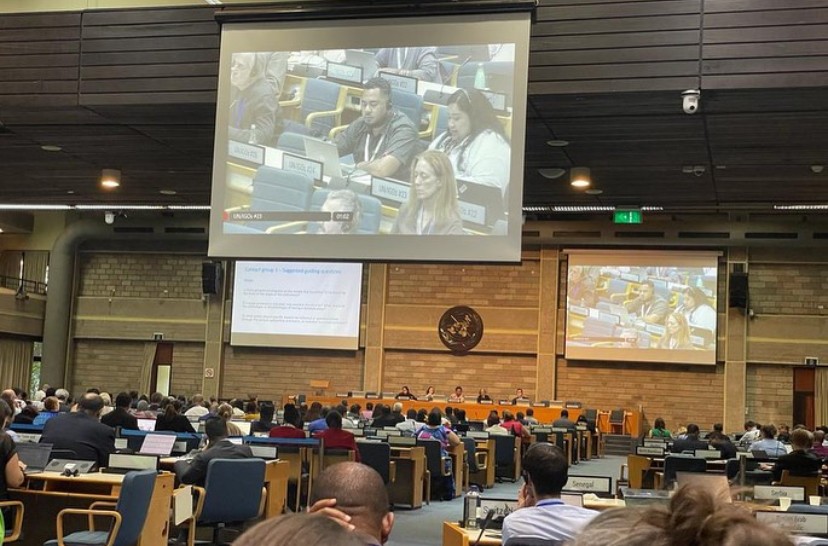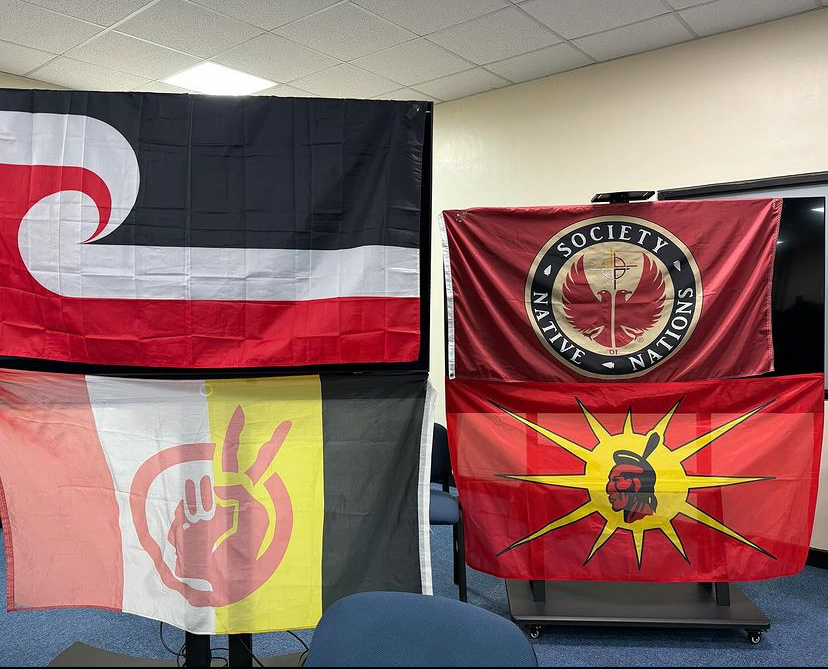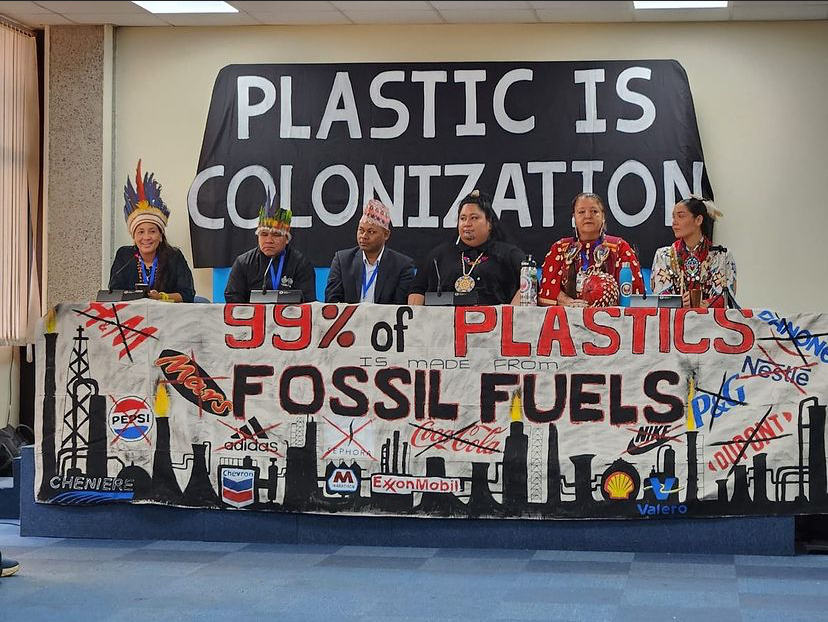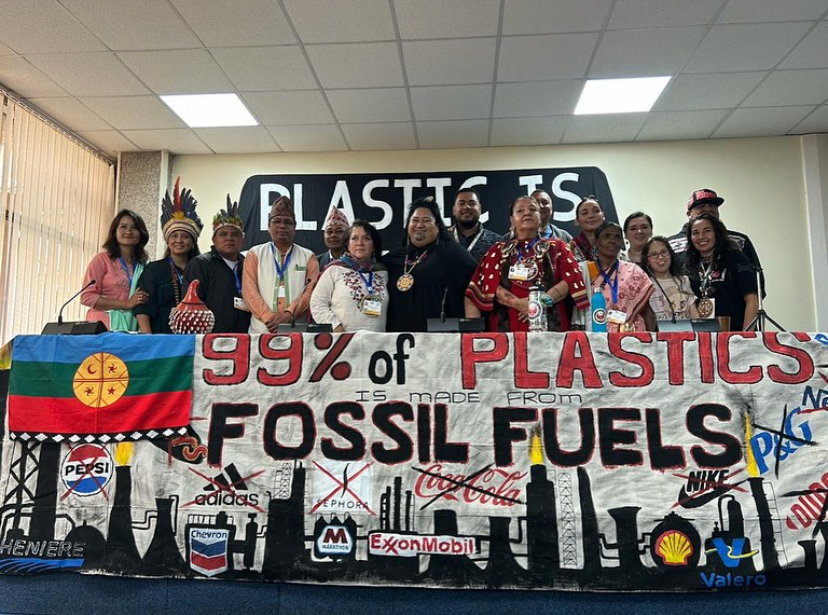Tāngata Whenua Coalition for an Effective Plastics Treaty
Tāngata Whenua Coalition for an Effective Plastics Treaty
The Tāngata Whenua Coalition for an Effective Plastics Treaty (TWC) is a collaborative forum of Māori plastic pollution experts including community leaders, educators, scientists, businesspeople, and researchers committed to honouring He Whakaputanga, Te Tiriti o Waitangi, Mātauranga me Tikanga Māori and ensuring the effective participation and representation of Tāngata Whenua throughout the United Nations Global Plastics Treaty (GPT) development and implementation processes.
Kaupapa
• Honour the pre-existing rights/personhood of te Taiao me Tāngata Whenua, alongside Tikanga Māori, Mātauranga Māori, He Whakaputanga, and Te Tiriti o Waitangi through the independent and effective participation, leadership and partnership of Tāngata Whenua with the Crown throughout Global Plastics Treaty negotiations and implementation processes
• Protect Aotearoa me Te Moana-Nui-a-Kiwa from plastic pollution through significant reduction of plastics/chemicals production globally and shift towards Indigenous-led circular economic development, particularly in education around waste prevention/management and the community uptake of reuse/refill/resource recovery
• Whakawhanaungatanga with other Indigenous nations, civil society groups, scientists, government delegates in the pursuit of an ambitious system-wide Global Plastics Treaty that uplifts the collective wellbeing of our planet while respecting Indigenous sovereignty and free self-determination
Priorities
• Ambitious and evidence-based treaty development and implementation incorporating independent and Indigenous sciences; focused on the social and economic opportunities involved with minimising polymer/chemical production and plastics dependency and redesigning economic systems based on the zero waste hierarchy to build capacity for other truly circular solutions such as reuse, refill, repair and compost systems
• Global reduction of primary polymer and chemical production – supporting strong essential elements including reduction baselines, targets, monitoring, assessment criteria, informed by an expert group that includes independent and Indigenous experts
• Indigenous rights, sciences, knowledge systems and other taonga are upheld and reinforced by the instrument in both the preamble and throughout the text, particularly in key areas concerning Indigenous Peoples
• Collaborative, inclusive and participatory development and implementation – the instrument must commit Government’s to partner and invest with Indigenous Peoples to support just, holistic, and locally contextualised action to address plastic pollution (e.g. facilitating and resourcing a Tāngata Whenua-Crown partnership to implement the instrument in Aotearoa)
• Justice based – the instrument must effectively address gender, institutional, inter/intra-generational and other inequities and ensure that those most disproportionately impacted by plastic pollution (including waste pickers, Indigenous Peoples, high mountain and coastal communities, youth, and children) are properly resourced to implement plastics reduction in their spaces
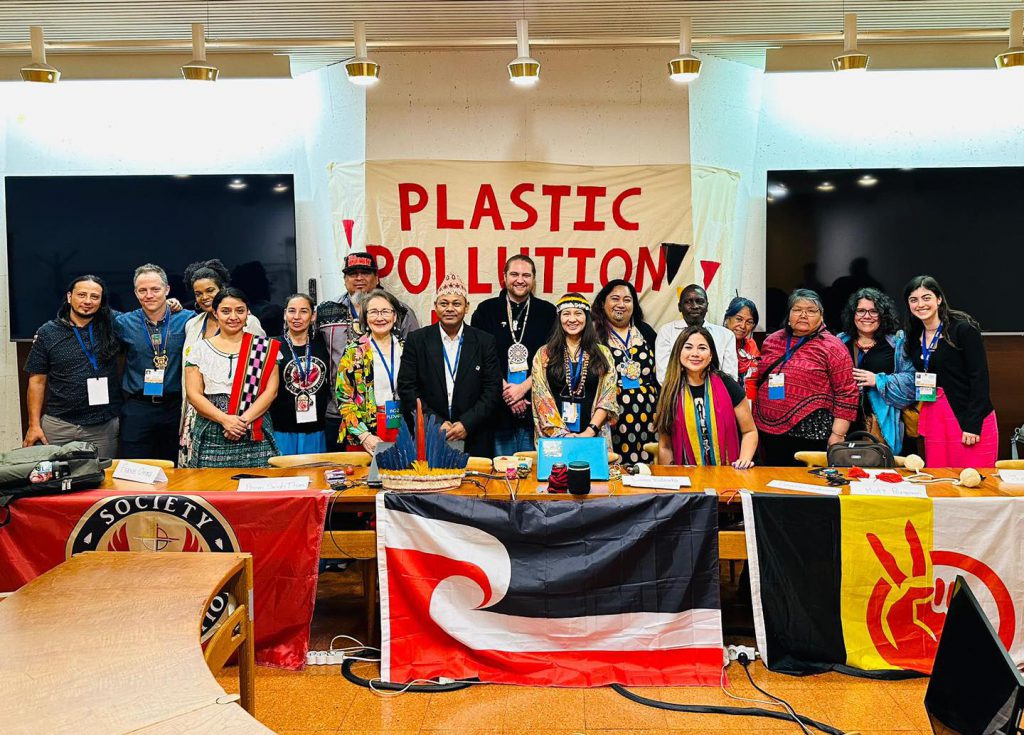
June 2023: TWC representatives Juressa Lee and Matt Peryman helped organise the Indigenous Peoples’ Caucus’ side event at INC-2 in Paris, France
The primary goal of the TWC is to hold space for independent Māori participation in the GPT process. Our diverse membership includes a wide range of expertise on plastic pollution, zero waste, and circular economic development, with the experience of many leading pollution and environmental organisations including the Aotearoa Plastic Pollution Alliance, Para Kore, Para Kore ki Tamaki, EcoMatters, Greenpeace Aotearoa, Reuse Aotearoa, Break Free From Plastic, and several NZ universities.
The TWC is closely associated with several organisations working on the GPT, including the Indigenous Peoples’ Caucus, the Scientists’ Coalition for an Effective Plastics Treaty (SCEPT), the Plastic Treaty Coalition, the Global Alliance for Incinerator Alternatives (GAIA), and the wider Break Free From Plastic (BFFP) movement.
Our mahi involves regular hui and wānanga to develop our negotiating positions, submission writing, and attending and informing bi-annual Intergovernmental Negotiating Committee (INC) meetings. We work closely with Tāngata Tiriti plastic pollution specialists as well as with the NZ Government delegation from the Ministry for the Environment and the Ministry of Foreign Affairs and Trade.
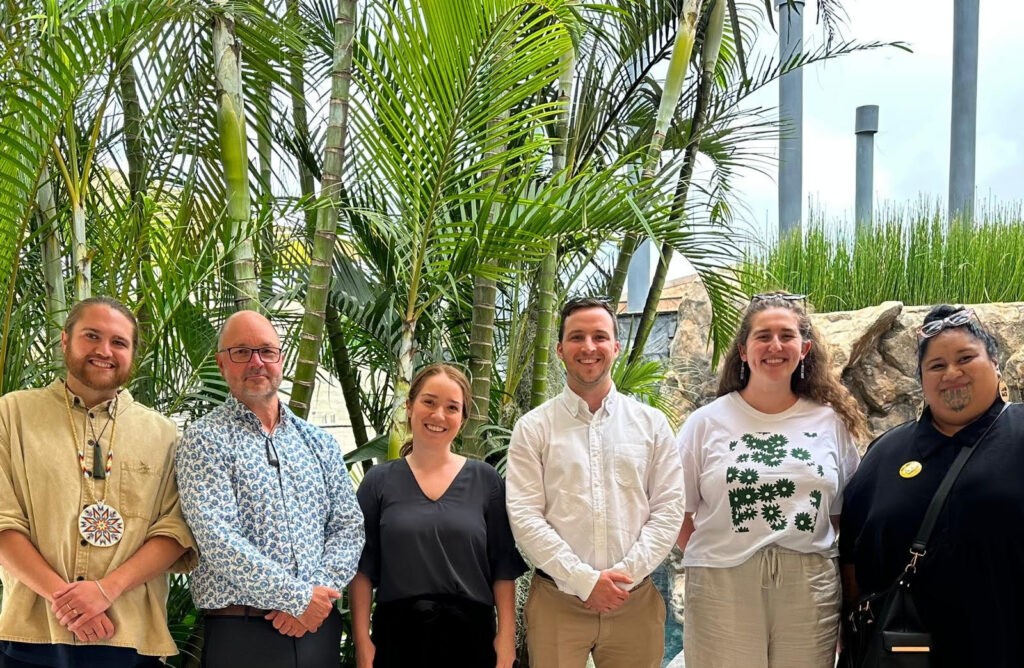
November 2023: TWC representatives Matt Peryman and Juressa Lee met with the NZ Government delegation from the Ministry for the Environment and the Ministry of Foreign Affairs and Trade during INC-3 in Nairobi, Kenya
As Tāngata Whenua we have the right to exercise rangatiratanga and kaitiakitanga including in the development of policy that affects our taonga. This is affirmed through our own tikanga as well as agreements such as Te Tiriti o Waitangi, the United Nations Declaration on the Rights of Indigenous Peoples (UNDRIP), and the Convention on Biological Diversity (CBD). As with all Indigenous Peoples, Tāngata Whenua also have the right to protect our science, knowledge systems, and culture. as was reaffirmed with the Wai 262 claim.
The TWC does not represent Hapū or Iwi and our mahi does not in any way fulfill the NZ Governments’ statutory responsibilities under Te Tiriti o Waitangi to partner with Hapū and Iwi.
Māori plastic pollution experts interested in working on the Global Plastics Treaty are welcome to apply, please contact our coordinator Matt Peryman: mjperyman@gmail.com
Publications
Development Timeline
| INC | Dates | Location | |
| INC-1 | 28 Nov – 2 Dec 2022 | Punta del Esta, Uruguay | |
| INC-2 | 29 May – 2 June 2023 | Paris, France | |
| INC-3 | 13 – 19 Nov 2023 | Nairobi, Kenya | |
| INC-4 | 23 – 29 Apr 2024 | Ottawa, Canada | |
| INC-5 | Nov – Dec 2024 | Busan, South Korea | |
| Final | 2025 | TBC |
Follow us on Instagram
